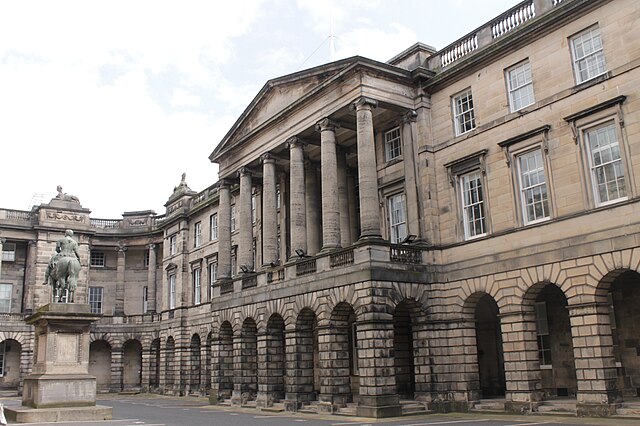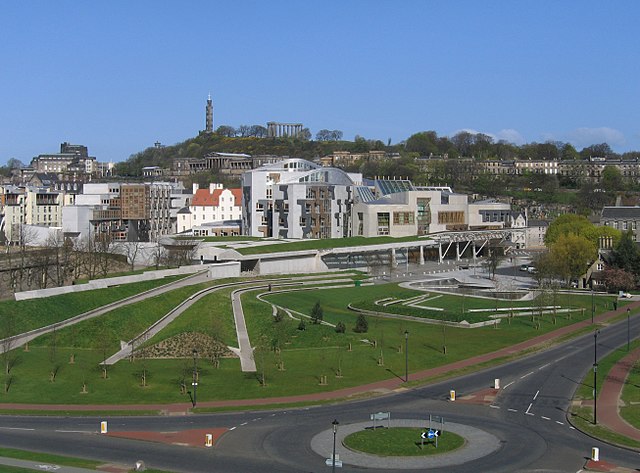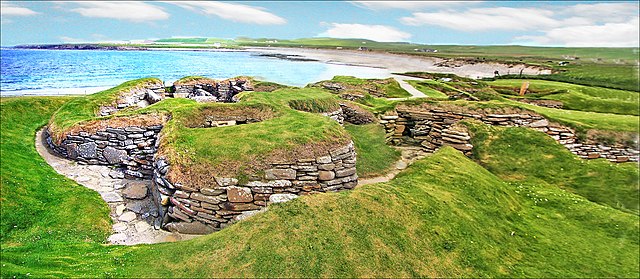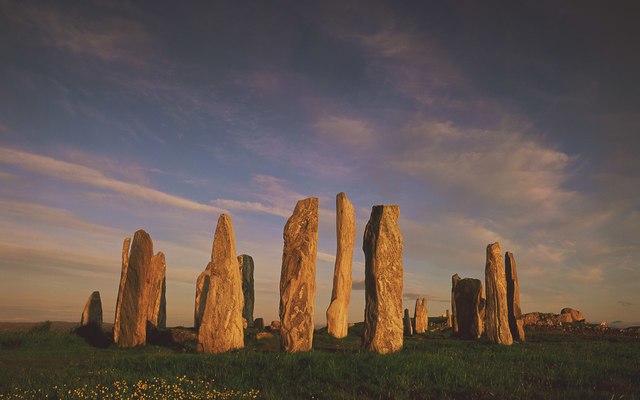Scots law is the legal system of Scotland. It is a hybrid or mixed legal system containing civil law and common law elements, that traces its roots to a number of different historical sources. Together with English law and Northern Irish law, it is one of the three legal systems of the United Kingdom. Scots law recognises four sources of law: legislation, legal precedent, specific academic writings, and custom. Legislation affecting Scotland and Scots law is passed by the Scottish Parliament on all areas of devolved responsibility, and the United Kingdom Parliament on reserved matters. Some legislation passed by the pre-1707 Parliament of Scotland is still also valid.
Parliament House in Old Town, Edinburgh, is home to the Supreme Courts of Scotland.
Sir James Dalrymple, Viscount of Stair
Angela Constance MSP Cabinet Secretary for Justice and Home Affairs since 2023
The Scottish Parliament located in Edinburgh has devolved powers to legislate for Scotland.
Scotland is a country that is part of the United Kingdom. It contains nearly one-third of the United Kingdom's land area, consisting of the northern part of the island of Great Britain and more than 790 adjacent islands, principally in the archipelagos of the Hebrides and the Northern Isles. To the south-east, Scotland has its only land border, which is 96 miles (154 km) long and shared with England; the country is surrounded by the Atlantic Ocean to the north and west, the North Sea to the north-east and east, and the Irish Sea to the south. The population in 2022 was 5,436,600 and accounts for 8% of the population of the UK. Edinburgh is the capital and Glasgow is the largest of the cities of Scotland.
Skara Brae, Europe's most complete Neolithic village, occupied from roughly 3180 BC – 2500 BC
Callanish Stones, erected in the late Neolithic era
King of Scots Robert I addresses his troops before the Battle of Bannockburn. Drawing from c. 1900.
James VI, King of Scotland, succeeded to the English and Irish thrones in 1603.








